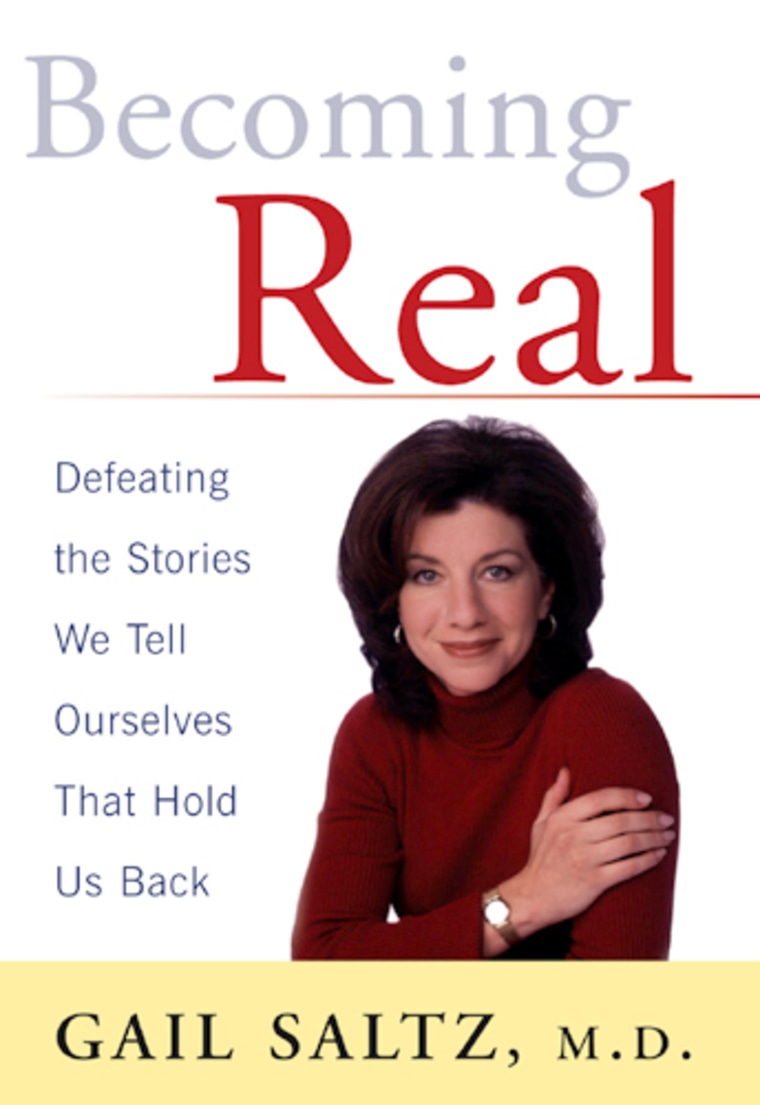Q: My daughter and her lab mate, both PhD students, visibly like each other. Other students in the lab say they are made for each other.
One day, my daughter and her colleague revealed their feelings to each other and even kissed. My daughter was very excited that finally they would become a couple. But he is reluctant to be her boyfriend because they work together and “what if it doesn't work out?" He also says it “kills” him to see her date other guys.
My daughter is frustrated and wonders how long she should wait for him. Any advice?
A: The lab mate has a point — if involvement with a colleague doesn’t work out, it can be terribly awkward for everyone. Your daughter also has a point — that they shouldn’t let something wonderful pass them by.
Your daughter should make it clear to her lab mate that she is open to romance if he wishes to go forward. And then she should stop waiting.
His concern about the work situation is legitimate. Often, women are willing to throw caution to the wind when romance is involved. This is not always wise.
As a mother, you have been hearing about this situation for a while. Understandably, you want your daughter to be happy. It is frustrating for you, too, to sit by while there is something your daughter wants but can’t have right now.
But this is not a hurry-up situation. Your daughter’s biological clock is not ticking. These two are still students.
If your daughter wants things to move forward, she should be direct with her lab partner. After all, the ice has been broken by their earlier discussion and kiss. She should tell him that she would like to be romantically involved, but she understands his concerns. She should also suggest that, if he agrees it is worth the risk to go forward with a romance, they can take it slow. There is no need to rush into intense intimacy.
They should spend time together playing as well as working. They needn’t go on high-pressure, formal “dates.” They can have lunch together, hang out after lab, study together outside of the classroom — the things students do.
But she should not wait for him if there is no promise on the horizon. If your daughter wants an important man in her life, and finds that this one is making no move to be that man, she must be open to someone else.
If it “kills” him that she dates other guys, yet he continues to act in ways that cause your daughter nothing but frustration, that’s his tough luck. He knows how to remedy that.
If their relationship is making no progress in the direction she wants, she should tell him that they can get together in the future — IF she is still available.
It’s hard to tell whether this guy is a rational scientist who is being more levelheaded than mother and daughter would like, or whether he has a fear of commitment. I am giving him the benefit of the doubt.
A man in a graduate program is in a formative stage of life and may not yet be ready for a life partnership. He doesn’t want to risk making his lab relationship uncomfortable for the prospect of something he thinks probably won’t last.
Studenthood often delays the feeling of readiness. Students have not been out in the world and on their own, and don’t feel totally grown up. It may simply be too early for him.
Because these two are still students, they know they will move on at some point. Once they do, the complication of working together is removed. Therefore, a definitive answer will come by graduation, if not sooner.
At that point his excuse is gone and it will become abundantly clear whether he is both willing and able to be involved with your daughter.

Dr. Gail’s Bottom Line: There can be legitimate reasons why a man won’t move forward romantically, but a man who’s truly interested will want to minimize or remove the obstacles.
Dr. Gail Saltz is a psychiatrist with New York Presbyterian Hospital and a regular contributor to “Today.” Her first book, “Becoming Real: Overcoming the Stories We Tell Ourselves That Hold Us Back,” was published in 2004 by Riverhead Books. It will be available in a paperback version in June 2005. Her latest book, "Amazing You," helps parents deal with preschoolers' questions about sex and reproduction. It will be published in May 2005. For more information, you can visit her Web site, .
PLEASE NOTE: The information in this column should not be construed as providing specific medical or psychological advice, but rather to offer readers information to better understand their lives and health. It is not intended to provide an alternative to professional treatment or to replace the services of a physician, psychiatrist or psychotherapist. Copyright ©2005 Dr. Gail Saltz. All rights reserved.